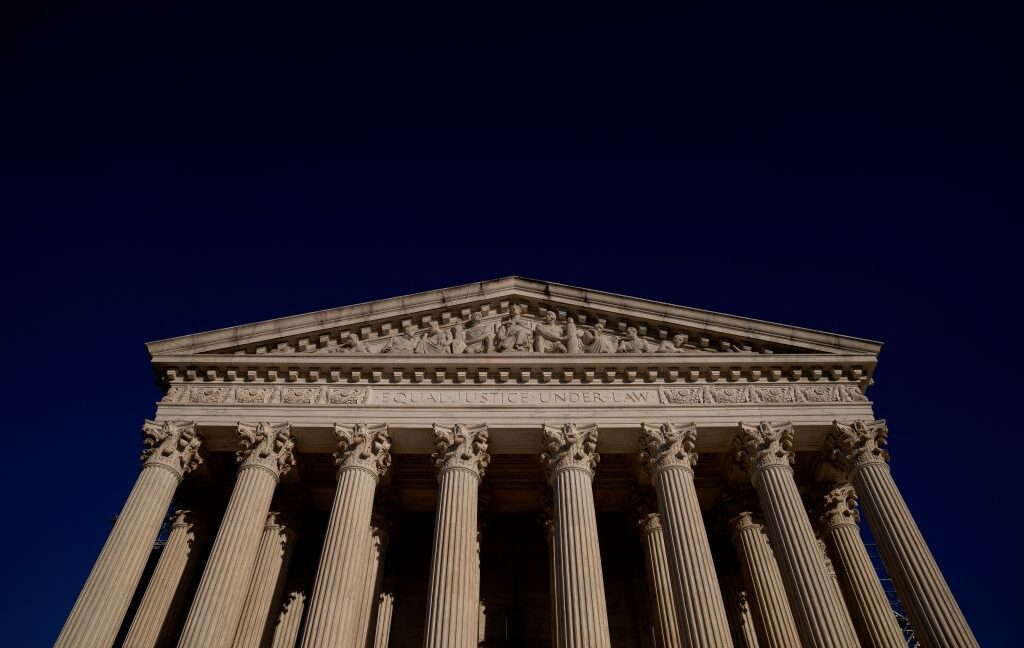Man who claims he invented bitcoin faces prison after filing $1.1 trillion suit

Wright’s lawsuit names a defendant he calls “BTC Core,” which apparently doesn’t exist. Wright alleges that BTC Core “partners” include 122 corporate entities and 22 individuals who contributed to bitcoin development and research. Wright also named BTC Core as a defendant in a 2022 lawsuit.
This week’s court ruling said that “COPA (and others) say there is no such entity and it is an invention of Dr. Wright’s in his attempt to designate those who are or who have been involved in the development of the software used in various manifestations of Bitcoin as a partnership. They deny there is any such partnership, as Dr. Wright seems to allege. It is not necessary to resolve that issue.”
Corporations and individuals that Wright claims are part of BTC Core “were defendants to various of the previous actions brought by Dr. Wright (and his companies),” Mellor wrote.
Wright suit “repeat[s] his dishonest claim to be Satoshi”
Wright contended that his lawsuit falls outside the bounds of the previous order because his new claims “do not involve him claiming to be Satoshi Nakamoto and do not depend on him having invented the Bitcoin system,” Mellor wrote. Mellor rejected Wright’s arguments.
For one thing, Mellor said the earlier order “is not limited to prohibiting claims dependent on Dr. Wright asserting that he is Satoshi Nakamoto.” For another, Mellor pointed out that Wright’s latest lawsuit “does include pleaded contentions that he is Satoshi Nakamoto,” and thus “Dr. Wright is wrong to say that his New Claim does not repeat his dishonest claim to be Satoshi.”
Further, COPA contended “that each of the principal claims in the New Claim can only be maintained by Dr. Wright asserting intellectual property rights which the Order precludes him from asserting in legal proceedings.”
Addressing Wright’s copyright claim, Mellor wrote that “Dr. Wright does not claim a license or any assignment from some other person alleged to be owner of copyright in the relevant works. Therefore Dr. Wright cannot bring this claim for copyright infringement without claiming ownership of the rights which he alleges to have been infringed. That is to say, Dr. Wright cannot bring an infringement claim in relation to the works in question, however it is worded, without breaching the Order.”
https://arstechnica.com/tech-policy/2024/12/judge-rejects-craig-wrights-1-1-trillion-lawsuit-claiming-rights-to-bitcoin/








